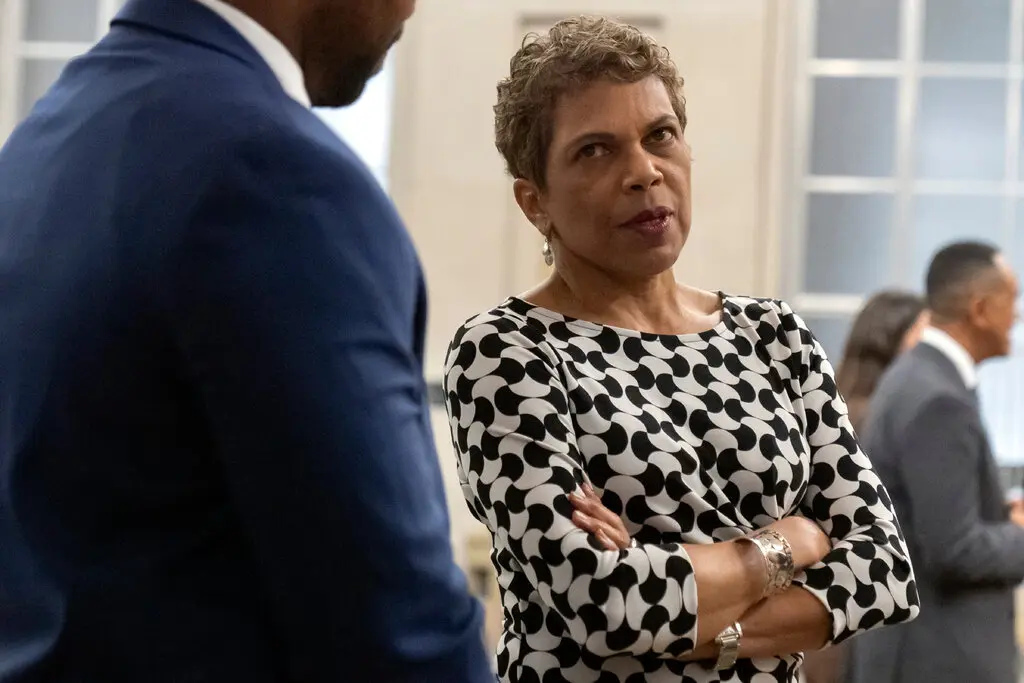A federal judge in Washington has refused to stop the deportation of a group of migrants who were sent to Ghana under a U.S. government deal, even though the migrants held protective orders that should have shielded them from removal. The ruling, issued late Monday by Judge Tanya S. Chutkan, represents another victory for President Donald Trump’s mass deportation campaign, which has relied on controversial agreements with African nations to accept migrants.
Judge Chutkan strongly criticized the government’s actions, saying she was alarmed at the “cavalier acceptance” that migrants might face torture or persecution if returned to their home countries. Despite her concerns, she said her “hands were tied” because the migrants were already outside U.S. jurisdiction after being deported to Ghana. Her 16-page ruling ended an urgent legal battle that had unfolded over the weekend.
The five migrants at the center of the case are citizens of Nigeria and Gambia. They were identified only by their initials due to fears of persecution. One man, known as K.S., has already been deported by Ghana to Gambia, where he is now in hiding. He is bisexual, and Gambia enforces strict anti-LGBTQ laws, including life imprisonment for same-sex relations. The other four migrants remain in Ghana but have been warned that their deportations back to Nigeria and Gambia are imminent.
In sworn court statements, the migrants described horrific abuse they faced in their home countries. One, identified as D.A., said he had been targeted in Nigeria because of his political activity as a member of the People’s Democratic Party. He reported being beaten by political rivals, tortured by police, and locked in a dog cage for three days. His captors allegedly warned him they would kill him if they saw him again. Another migrant testified that he had been tortured by soldiers in Nigeria and threatened with death if he ever returned.
Their lawyers argued that the U.S. government knowingly violated court protections by deporting the men first to Ghana, which had agreed to accept them as part of a third-country arrangement, before sending them on to their home nations. They accused the Trump administration of using Ghana “to do their dirty work” despite rulings from immigration judges that the men faced a high risk of torture or death.
During an emergency hearing, Judge Chutkan admitted that she believed the deal was “very suspicious.” However, she explained that recent Supreme Court rulings had made it nearly impossible for lower courts to block these kinds of deportations. The Supreme Court has upheld the government’s power to send migrants to countries other than their own, without first ensuring they would be safe there. Because of this, Judge Chutkan said any ruling she issued would likely be overturned.
The deportations are part of a broader Trump administration policy to sign deals with countries such as Rwanda, Uganda, Eswatini, and Ghana. These agreements allow the U.S. to deport migrants to nations where they have no family or community ties. Human rights groups have criticized the policy, warning that it places vulnerable people in danger of persecution, particularly LGBTQ migrants and political dissidents.
Migrants also reported harsh treatment during their transfer to Ghana. They said they were shackled, placed in straitjackets, and flown on a military cargo plane for up to 16 hours without being allowed to contact family or lawyers. Some were denied identification documents, and one man said his straitjacket was so tight that he now struggles to walk. They were then held at a remote detention facility in Ghana known as Dema Camp, where conditions were described as abysmal.
Despite admitting that Ghana may have violated the migrants’ rights, Justice Department lawyers argued that once deportees were handed over to Ghana, the U.S. government had no authority over what happened next. “The United States is not saying that this is OK,” said government lawyer Elianis N. Pérez. “What the United States is saying is that the United States does not have the power to tell Ghana what to do.”
The case highlights the growing consequences of the Trump administration’s aggressive deportation strategy, which is being shaped by Supreme Court decisions giving the federal government broader authority. For now, the five migrants remain in limbo, fearing imminent deportation to countries where they say they will face persecution, torture, or death. Judge Chutkan made clear that while she was “alarmed and dismayed,” she could not intervene further, leaving the migrants’ fate uncertain.

